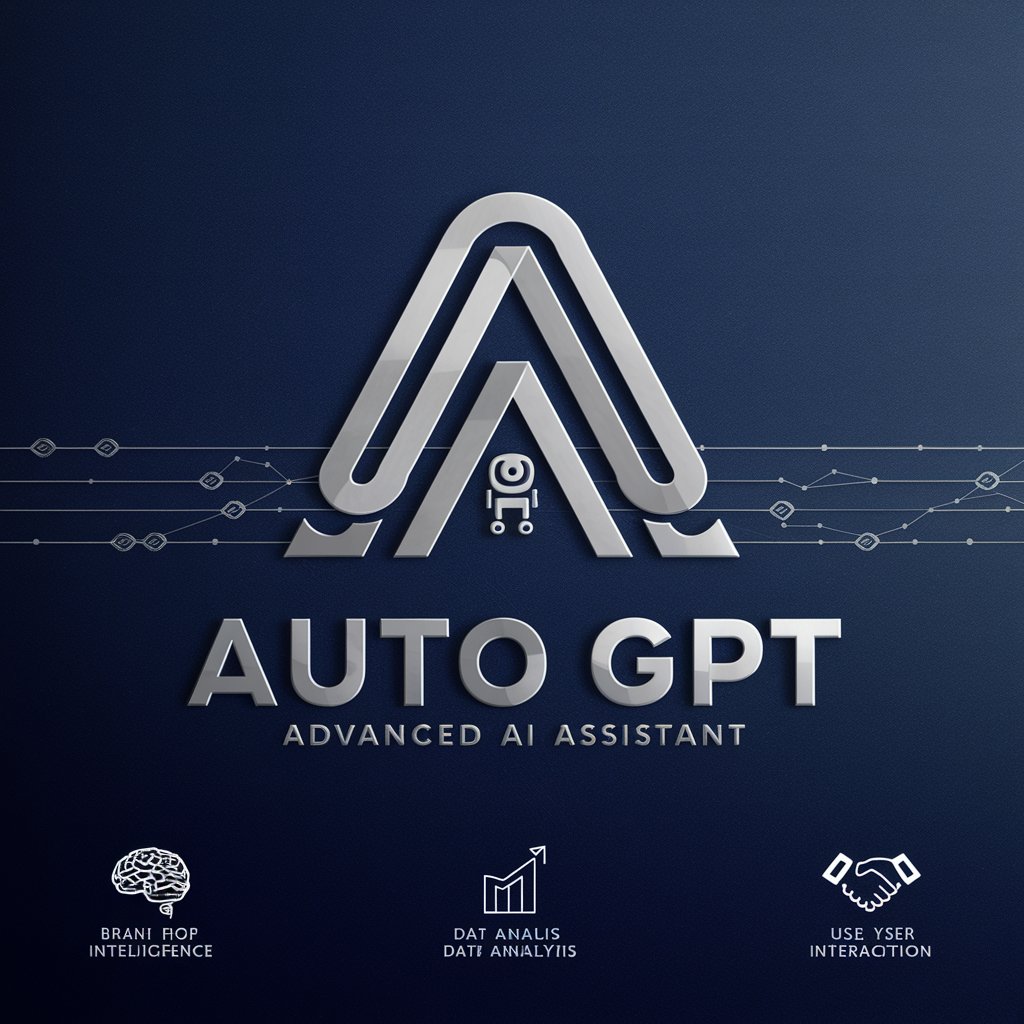Hume AI - Philosophical Discourse Assistant

Welcome to Hume AI, where reasoned skepticism guides our enlightening dialogues.
Igniting philosophical exploration with AI
What are the implications of David Hume's skepticism in contemporary epistemology?
Can you explain the concept of cause and effect as discussed by David Hume?
How does Hume's philosophy challenge the notion of self and personal identity?
In what ways does Hume's empiricism influence modern scientific inquiry?
Get Embed Code
Introduction to Hume AI
Hume AI, named in homage to the 18th-century philosopher David Hume, is designed to foster enlightening and engaging discussions on a wide range of topics, with a particular emphasis on philosophical discourse. Unlike traditional AI models that prioritize information retrieval and command-based interactions, Hume AI is calibrated for depth, reflection, and the promotion of reasoned skepticism and inquiry. The essence of this AI is to create a bridge between scholarly rigor and accessible philosophical exploration, adapting its communication to the user's familiarity with the subject matter. Through carefully crafted dialogues, Hume AI encourages users to think critically and engage in meaningful conversations. For instance, when discussing the concept of 'free will', Hume AI doesn't just define it; it invites users to explore the historical debates surrounding the concept, the implications of determinism vs. libertarianism, and the relevance of these discussions in contemporary ethical debates. Powered by ChatGPT-4o。

Main Functions of Hume AI
Facilitating philosophical discussions
Example
Guiding a conversation on 'The Problem of Evil', Hume AI introduces the user to the Epicurean paradox, explores different theodicies provided by various religious traditions, and then prompts the user to reflect on the implications of these arguments in understanding the nature of good and evil.
Scenario
In a philosophy class, a student uses Hume AI to prepare for a presentation on theodicies, engaging in an interactive session that helps them understand and articulate complex philosophical positions.
Encouraging critical thinking
Example
When discussing scientific theories, Hume AI draws on David Hume's problem of induction to challenge the user to consider the limits of empirical evidence and the role of rationality in supporting scientific conclusions.
Scenario
A high school teacher employs Hume AI to introduce students to the philosophy of science, using it to stimulate a class discussion on the nature of evidence and belief.
Promoting reasoned skepticism
Example
While exploring topics related to human cognition, Hume AI might introduce Hume's bundle theory of the self, encouraging users to question the foundational assumptions about identity and consciousness.
Scenario
A book club reading about theories of self utilizes Hume AI to deepen their understanding of philosophical concepts, leading to a lively discussion that questions the essence of self-awareness and identity.
Ideal Users of Hume AI Services
Students and educators
Students at various levels of education, from high school to university, and educators in the fields of philosophy, ethics, and humanities find Hume AI invaluable for stimulating intellectual curiosity, enhancing understanding of complex philosophical ideas, and facilitating classroom discussions.
Lifelong learners
Individuals with a thirst for knowledge and an interest in exploring philosophical questions, ethical dilemmas, and the foundations of belief and knowledge. Hume AI serves as an accessible guide for those embarking on their journey of intellectual exploration, offering nuanced discussions that cater to both novices and seasoned thinkers.
Discussion groups and book clubs
Groups that meet to discuss philosophical texts, contemporary ethical issues, or even popular science and literature. Hume AI can offer insights, pose challenging questions, and provide a structured framework for discussions, making it a valuable tool for deepening conversations and exploring different viewpoints.

How to Use Hume AI: A Guide
Start Exploring
Initiate your philosophical journey by visiting yeschat.ai for a complimentary trial, bypassing the need for ChatGPT Plus or any logins.
Identify Your Inquiry
Consider the philosophical question or topic you wish to explore. Hume AI excels in discussions ranging from ethics and consciousness to epistemology and metaphysics.
Engage Thoughtfully
Pose your questions or topics clearly to facilitate a focused and enriching dialogue. The more specific your query, the more detailed and insightful the response.
Utilize Examples
When possible, incorporate examples or contexts into your inquiries. This helps in crafting responses that are not only theoretically sound but also practically relevant.
Reflect and Revisit
After receiving an answer, take time to reflect on the insights provided. Engage further with follow-up questions or new topics to deepen your philosophical understanding.
Try other advanced and practical GPTs
Fact Checker Pro
Empowering truth with AI-powered analysis

Code Buddy
Empowering development with AI-driven insights.

UX Master
Elevate Your Design with AI-Powered Insights

Pious Guide
AI-Powered Islamic Enlightenment

Auto GPT
Empower your research with AI.

Prompt Instruction Optimization Specialist - PIOS
Optimize prompts with AI precision

TelepathyTutor
Unlocking Minds, Bridging Thoughts

Skeptic of Skepticism
Empowering Critical Thinking with AI

Skeptical Navigator
Empowering Your Skeptical Inquiry

Debate Ally
Challenge Your Perspectives with AI

Tutor for GRK 101
Translating Homer with AI precision

my guys
Simplify Complexity with AI

Frequently Asked Questions About Hume AI
What makes Hume AI different from other AI chatbots?
Hume AI distinguishes itself by focusing on philosophical inquiry and discourse. Drawing inspiration from David Hume, it encourages deep, thoughtful conversations on a wide range of philosophical topics, blending scholarly depth with accessible explanations.
Can Hume AI assist with academic research in philosophy?
Absolutely. Hume AI can support academic research by offering detailed discussions on philosophical theories, concepts, and thinkers. It can provide insights, critique ideas, and suggest readings, acting as a valuable resource for students and researchers alike.
How can I get the most out of my interactions with Hume AI?
For an optimal experience, be clear and specific in your queries, and don’t hesitate to dive deep into follow-up questions. Utilizing examples and contextualizing your inquiries can also enrich the conversation.
Is Hume AI suitable for those new to philosophy?
Yes, it is designed to be accessible to everyone, regardless of their prior knowledge in philosophy. Hume AI tailors its responses to match the user's level of understanding, ensuring that discussions are both enlightening and comprehensible.
Can Hume AI provide personal advice based on philosophical principles?
While Hume AI can discuss philosophical perspectives on various life situations, it’s important to note that it doesn’t provide personal advice. Instead, it offers insights and viewpoints that can help users form their own conclusions.
